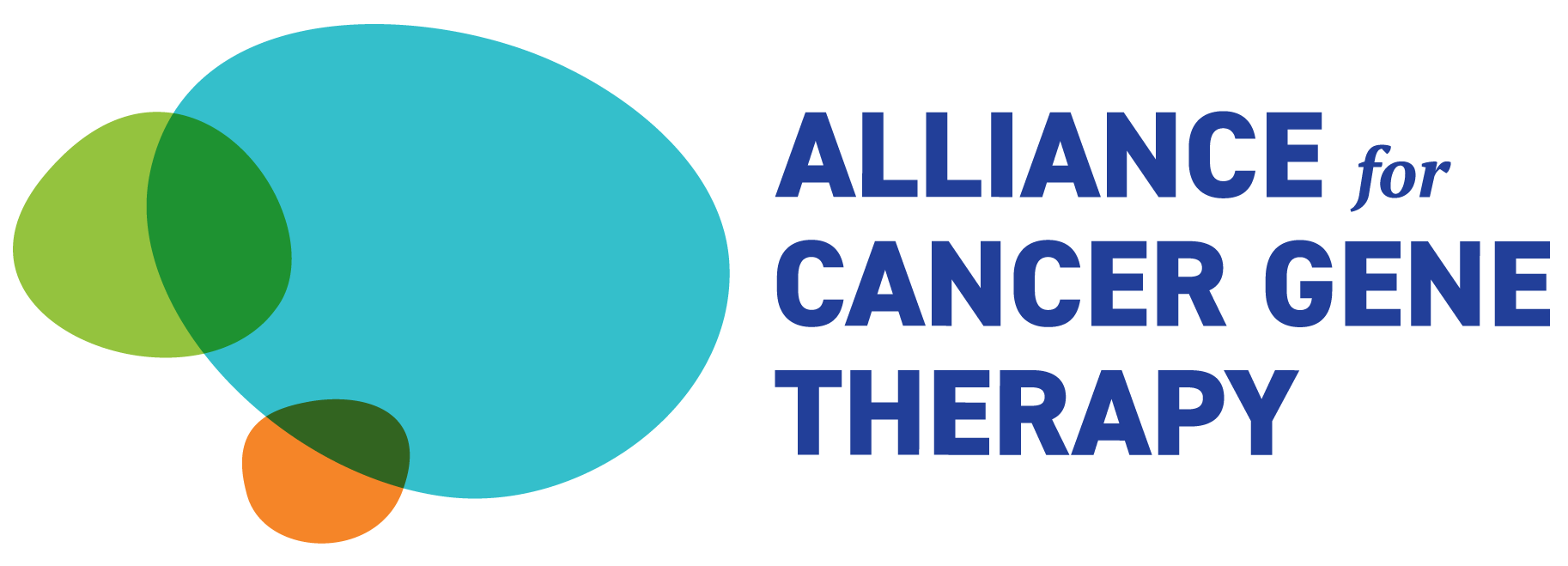
FDA Makes History With Approval of T-cell Therapy for Melanoma

In February 2024, the FDA approved a tumor-infiltrating lymphocyte therapy called lifileucel for people with advanced melanoma.
The US FDA approved the first cell therapy for a solid tumor in February, marking a historic moment for the field of
The FDA approved a tumor-infiltrating lymphocyte (TIL) therapy called lifileucel for people with advanced melanoma. This skin cancer is diagnosed in approximately 100,000 people in the US annually. Lifileucel is manufactured by Iovance Biotherapeutics, Inc., and sold under the brand name Amtagvi.
The FDA approval of Amtagvi is for adults with unresectable or metastatic melanoma previously treated with a PD-1 blocking antibody, and if BRAF V600-positive, a BRAF inhibitor with or without a MEK inhibitor.
What is TIL therapy?
TIL therapy is a type of cell therapy that multiplies the number of immune system cells called TILs, or tumor-infiltrating lymphocytes. These are T-cells that have migrated to and infiltrated the tumor, evidence that they are effectively combating the disease.
People with cancer naturally have TILs attacking their disease but usually not enough to slow the growth of the tumor. The immune cells also become tired over time.
TIL therapy involves removing a sample of the tumor, separating the TILs present in the sample, and multiplying those TILs into much larger numbers before returning them to the patient.
Newsletter
Stay at the forefront of cutting-edge science with CGT—your direct line to expert insights, breakthrough data, and real-time coverage of the latest advancements in cell and gene therapy.















